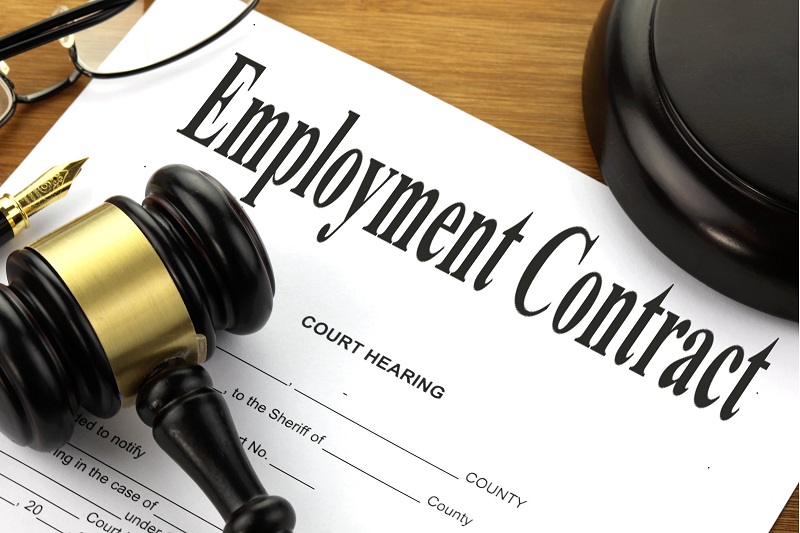Your credit record speaks volumes about who you are as an individual, and can have a major impact on your ability to succeed both now and in the future.
Unfortunately, having bad credit comes with numerous disadvantages that may not be immediately apparent to someone without good credit.
Here are just five of the most obvious disadvantages of having a bad credit record, so you know what to expect if you happen to find yourself in this unfortunate situation.
A Bad Credit Score Affects Your Chances of Getting a Loan
It’s no secret that a bad credit score can make it difficult to get approved for things like loans. But, did you know that it can also affect your chances of getting approved for life insurance and even your ability to rent an apartment? Yep, it gets worse.
A bad credit score could also make the difference between being able to start college or not; some colleges won’t admit students with poor credit scores because they are too risky.
And finally, having a low FICO Score could mean higher interest rates on car loans or mortgage rates which means more money out of pocket in the long run.
So if you have bad credit now, don’t wait until it affects other aspects of your life! Talk to an expert about how they can help fix your credit score today!
They can help you get back on track by fixing mistakes on your credit report, paying off past debts, and boosting your score by building up good credit habits like paying bills on time each month.
Working together with an expert will one day help you be able to show off that sparkling 800+ credit score all over town!
A Bad Credit Score Means You Will Pay More for Insurance
When you have a bad credit score, it can cost you more to get insurance. For example, if your car is totaled and you want to replace it with a new vehicle, you may pay hundreds or even thousands of dollars more for the same auto coverage as someone with good credit.
If you are looking to buy a house, rent an apartment, apply for credit cards or loans, secure a loan on a new car purchase, etc.
having poor credit will make this difficult to do and at times impossible. Banks, credit unions, and other lenders routinely check your credit history before approving any type of application.
Your chances of getting approved depend largely on the information found in your credit report.
That being said, sometimes people with low-credit scores still manage to find financing but they typically end up paying higher interest rates.
In addition, sometimes they may need additional forms of collateral like personal property or large sums of cash (or both) just to qualify for a small loan such as $5k-$25k.
A Bad Credit Score May Prevent You from Renting an Apartment
If you have a bad credit score, you may have difficulty finding an apartment to live in. You might also be denied loans and other types of financial assistance.
A low credit score will likely make it more difficult for you to find gainful employment as well as make other aspects of life more challenging.
These issues can create a downward spiral which could lead to even more severe consequences than the original negative event that led to the lower score.
Bad credit records are frustrating and embarrassing problems that can occur if you let your finances get out of hand or if someone steals your identity.
With some effort and attention, however, you should be able to correct any issues that come up with your credit record so that they do not persist.
There are several things you can do on your own without the help of a professional .
You can contact the three major credit reporting agencies (Transunion, Equifax, and Experian) to ensure that your information is accurate.
You can also work towards paying off debt if you currently owe money.
If all else fails, it may be worth considering bankruptcy.
A Bad Credit Score Can Lead to Denial of Employment
Having a bad credit score can lead to denial of employment in certain sectors, such as financial services, insurance and mortgage companies.
This is because they may think you will be a higher risk when it comes to borrowing money.
It’s also possible that the company could check your credit record before they hire you and find out that you have bad credit.
If this is the case, they might think you’re not trustworthy or responsible enough to do the job.
You’ll then need to prove yourself with a good work ethic, but it will take more time than if you had never had a bad credit history.
A Bad Credit Score Can Lead to Higher Interest Rates:
When you are looking for an apartment, home mortgage or any type of loan, your credit history has the ability to affect interest rates.
A person with a good credit score will likely receive better interest rates on loans than someone who has damaged their credit history by consistently missing payments on their debts.
In fact, it is possible for some people to receive a 100% financing offer from a lender where all of the costs associated with purchase would be paid off within five years at no monthly cost.
On the other hand, those who have bad credit records might only get offers like 36 months at 12% interest and 36 months at 18% interest (or something similar).
However, there are many programs available that offer assistance in repairing one’s credit history so that they can once again qualify for lower rates on loans and other items.
Higher Interest Rates on Purchases
A bad credit score can have many disadvantages, such as higher interest rates on purchases.
Consumers with good credit scores may be able to qualify for lower mortgage rates or get approved for loans at better terms than those with low or bad credit scores.
In some cases, consumers may not even be able to open an account without sufficient credit history and rating.
People with poor credit histories are more likely to have their applications denied when applying for new credit cards or home mortgages.
A high percentage of individuals in the U.S. have some type of debt, so having excellent credit is important.
When you apply for any type of loan or apply for a credit card it’s important that your information accurately reflects your financial situation so you don’t put yourself in debt that you can’t afford.
If you need to establish or rebuild your credit it will take time but there are ways to do it responsibly and avoid making the same mistakes over again.





